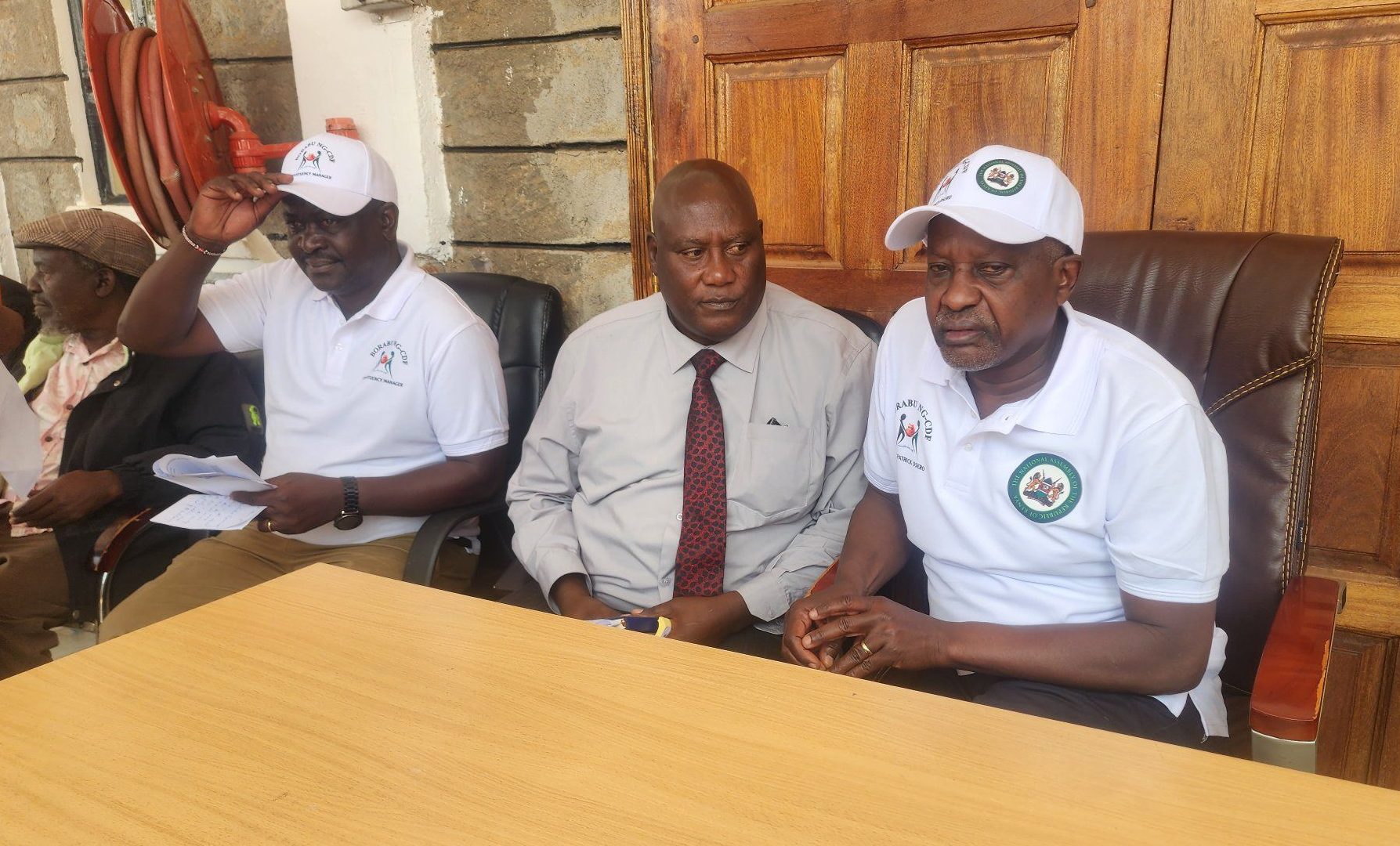A “one-man show” in a staffroom can significantly hinder collaboration and teamwork. When one person dominates discussions, interrupting others and not allowing them to contribute, it creates an unbalanced and unproductive environment.
Decision-making without input from others can also be problematic, as it imposes one person’s views on the team without considering diverse perspectives. Decision-making without input from others can also be problematic, as it imposes one person’s views on the team without considering diverse perspectives.
Furthermore, a lack of delegation can lead to burnout for the individual taking on too much, while others may feel underutilized and unvalued.
Credit-taking is another issue, where one person claims ownership of others’ ideas or work, diminishing the contributions of their colleagues.
Disregard for others’ opinions can stifle creativity and innovation, as valuable insights and perspectives are ignored. Micromanaging can also be detrimental, as it shows a lack of trust and autonomy for team members.
When feedback or criticism is met with defensiveness or dismissal, it creates a toxic environment where growth and improvement are hindered.
ALSO READ:
Ngong gears up for International Adult Literacy Day celebrations
To address these behaviors, open communication, team-building activities, and leadership development initiatives can be effective strategies.
By fostering a more collaborative and inclusive environment, staff members can feel valued, respected, and empowered to contribute their best work. This, in turn, can lead to improved teamwork, productivity, and job satisfaction.
When one person dominates staffroom conversations, consistently interrupting others and not allowing them to contribute, it can stifle collaboration and hinder teamwork
Decision-making without input from others can also be problematic, as it disregards diverse perspectives and imposes one person’s views on the team.
A lack of delegation can lead to burnout for the individual taking on too much, while others may feel underutilized and unvalued.
Taking credit for others’ ideas or work can be particularly damaging, as it diminishes the contributions of colleagues and creates resentment.
Ignoring or dismissing others’ opinions can limit creativity and innovation, as valuable insights and perspectives are overlooked.
ALSO READ:
MP Sunkuli urges parents to embrace public schools amid low enrollment in Narok
Excessive control or micromanaging can also be detrimental, showing a lack of trust and autonomy for team members.
When feedback or criticism is met with defensiveness or dismissal, it creates a toxic environment where growth and improvement are hindered.
To address these issues, open communication, team-building activities, and leadership development initiatives can be effective strategies.
By promoting a more collaborative and inclusive environment, staff members can feel valued, respected, and empowered to contribute their best work.
This can lead to improved teamwork, productivity, and job satisfaction, ultimately benefiting the entire team and organization.
By Hillary Muhalya
You can also follow our social media pages on Twitter: Education News KE and Facebook: Education News Newspaper for timely updates.
>>> Click here to stay up-to-date with trending regional stories
>>> Click here to read more informed opinions on the country’s education landscape






